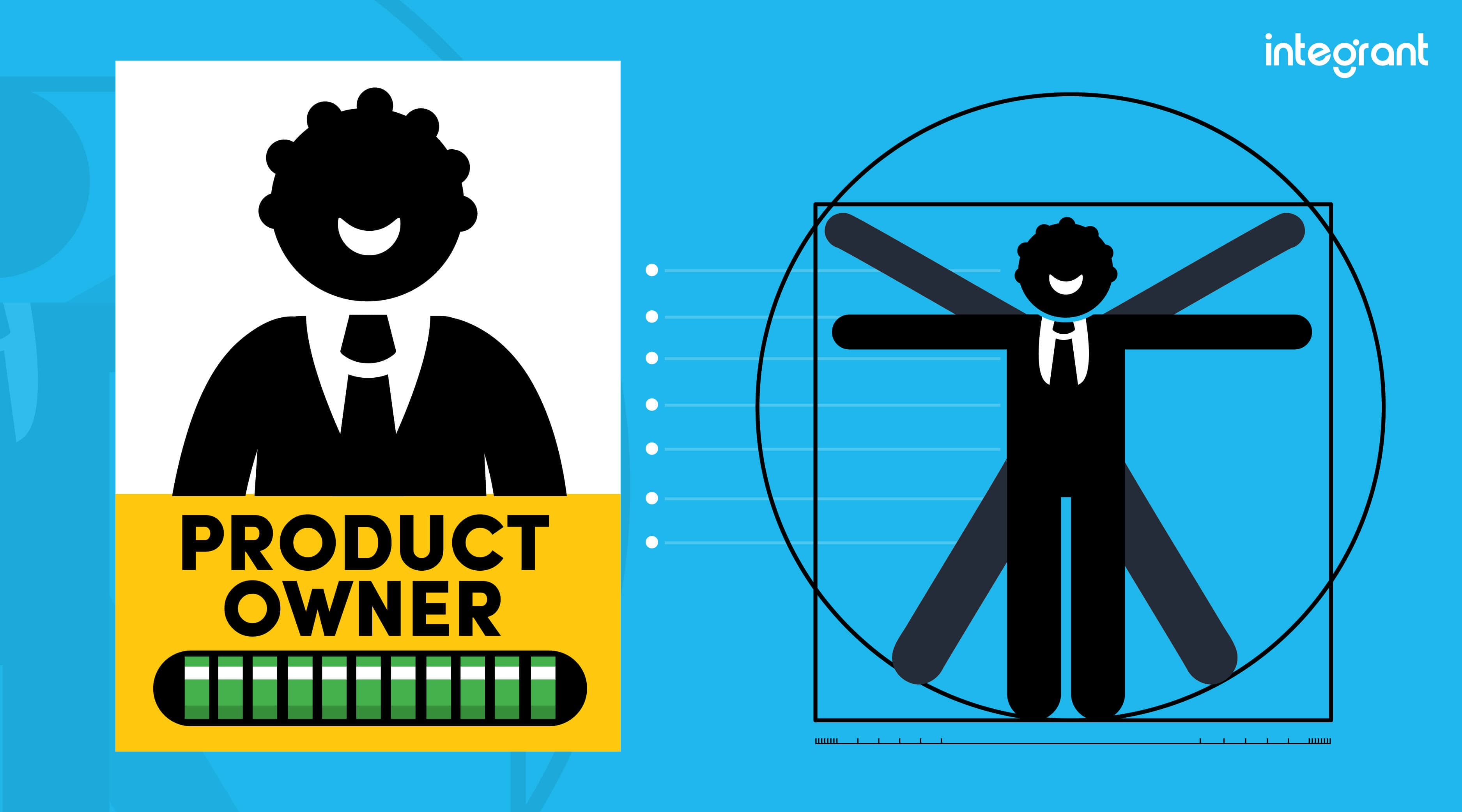Product Owner vs Product Manager: What do they do?

For those looking to get started on a new software development project, deciding upon the team roles you’ll need to fill in order to create a successful project outcome can be daunting.
One question that circulates the world of outsourcing software development is, What are product owners and managers and do I need them?
In most cases, whether or not your project will require one or both of these roles is purely situational. Today our experts are here to help you identify the differences between the two roles and how to know if your project will require them. Let’s get started.
What is a Product Owner?
A product owner focuses on working with the scrum team to make the vision of the product come to life. They put a lot of work into creating the greatest possible product value and communicating customer needs and requirements to the development team. Product Owners are specific to agile companies, like Integrant.
Essential skills to be successful in this role include:
- Communication
- Agile Methodologies Expert
- Analytical
- Organization
- Collaboration
- Leadership
- Detail Oriented
What is a Product Manager?

A product manager focuses on the vision of the product, the market, and customer feedback/experience. This person is responsible for understanding the product's current and future capabilities and identifying and removing vision roadblocks.
Some essential skills a product manager should possess include:
- Leadership
- Critical Thinking
- Decision Making
- Customer Service
- Strategic
- Market Knowledge
- Project Planning
- Sales Support
What are the Responsibilities: Manager vs Owner
Now that you have a basic understanding of what each role is and the skills needed to be successful let’s get into the responsibilities that each role is in charge of.

Product Owner
- Remain tactically focused
- Clarify any product backlog items and prioritize
- Create User Stories
- Optimize value and methods of the development team
- Lead scrum team
- Ensure the roadmap is followed
- Attending team coordination meetings
- Overseeing/Taking part in testing periods
- Prioritize the features
- Representing stakeholders
Product Manager
- Remain strategically focused
- Develop business vision
- Become a product and customer expert
- Develop the roadmap
- Budget management
- Analyze user behavior
- Foster communication between stakeholders, product owner, and team
- Conduct user research and unveil critical insights
- Deciding on MVPs
Can a Product Owner also be a Product Manager?

The answer to this question is simple: yes and no. Confused? Let’s clear things up.
For smaller-scale projects, Yes. The product owner and product manager can be the same person. For a double agent to be successful, it’s important to know both roles as individuals before deciding how to best conquer the mixed role.
For large-scale projects, the safer answer is no. Some projects are so large and complex that leaving the roles of product owner and product manager to one person can be overwhelming and lead to some responsibilities falling through the cracks.
Benefits of Having Both on Your Team
- Better, more direct critical support
- Client and Stakeholder expectations can be better addressed
- Deadlines can be more easily met
- In larger projects, both roles can easily split their responsibilities and pay more attention to detail
It’s best to assess the scale of your project and go from there. When working with an outsource partner like Integrant, your team can help make decisions like this easier.
Wrap Up
When it comes to the debate between product owners vs product managers, the world may never come to a final answer. The best way to tackle your own team lineup is to assess the requirements, scale, and timeline of your own project and decide if you need one person for each position or if you’re going the route of a double agent. Whichever route is best for you, an experienced software development outsource team can help catapult your project in the right direction. Get in contact with one of our experts today by setting up your free consultation.